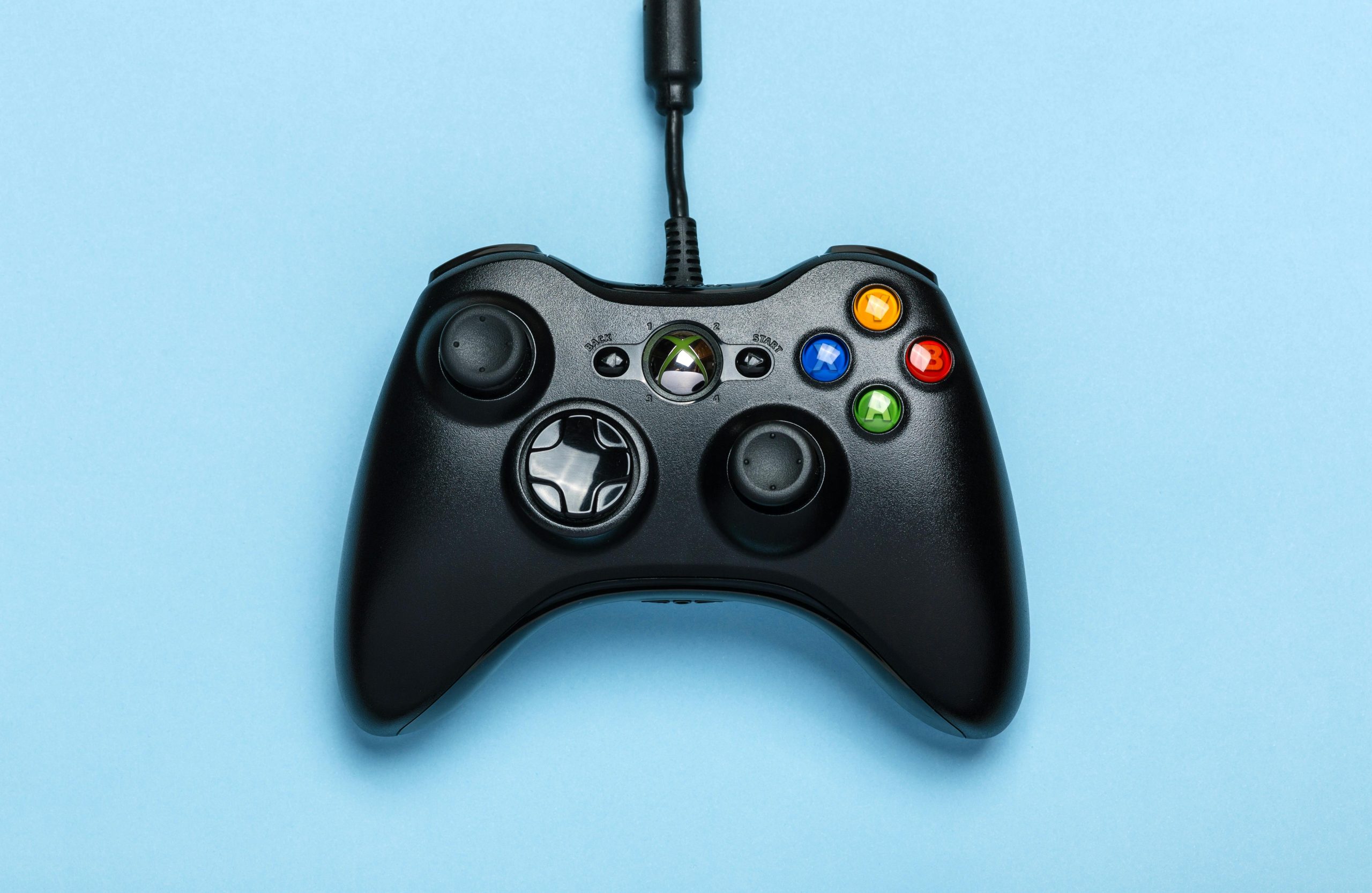How is the UK’s Video Game Industry Tackling the Issue of Gamer Health?

In today’s digital age, the dynamic realm of video games has grown into a global phenomenon, with the UK industry boasting millions of players who enjoy the online gaming experience. However, while games provide entertainment and social interaction, concerns about gamer health, mental wellbeing, and the time spent playing have made headlines. This article delves into how the UK’s video game industry is addressing these crucial issues.
The Impact of Gaming on Mental Health
As you immerse yourselves in the virtual world of gaming, it is essential to understand its impact on mental health. The gaming industry and the University research communities have been instrumental in studying the mental health implications of gaming and crafting strategies to combat the potential negative effects.
A lire également : What Are the Best Strategies for Enhancing Online Privacy for UK Internet Users?
Video games, by design, are meant to be engaging and absorbing, which can lead to players spending a significant amount of time in online realms. When gaming becomes excessive, it could potentially lead to issues such as gaming disorder, which the World Health Organisation recognised in 2018. The disorder is characterised by a lack of control over gaming and giving it precedence over other interests and daily activities.
However, it is vital to note that not all gaming is harmful. Many gamers play responsibly and find games to be a source of relaxation and a way to connect with friends. In fact, some video games have been found to provide mental health benefits. For instance, research from Oxford University showed that playing certain video games could have a positive impact on mental wellbeing. In response, the video game industry has been working on incorporating such findings into their game design.
Sujet a lire : How Can Smart Traffic Management Systems Alleviate Congestion in UK Cities?
Policies and Guidelines for Responsible Gaming
Addressing the issue of gamer health and wellbeing is integral to the future of the video game industry. Industry stakeholders have taken the initiative to establish guidelines and implement policies to promote responsible gaming.
The UK Interactive Entertainment Association (Ukie), the trade body for the UK’s games and interactive entertainment industry, has been at the forefront of this effort. Ukie has implemented the "Get Smart About PLAY" campaign, which aims to help parents and guardians manage the amount of time and money that children spend on games.
This campaign encourages people to utilise family controls on gaming devices to manage and monitor children’s play time and online interactions. The policy serves to educate players and parents about safe and responsible gaming, thereby promoting healthier gaming habits.
The video game industry has also shown support for age-rating systems such as the Pan European Game Information (PEGI) rating which helps consumers, particularly parents, to make informed choices about their game purchases based on the game’s content.
Initiatives to Promote Mental Wellbeing
In addition to policies promoting responsible gaming, the industry has also made strides in using video games as a tool to promote mental wellbeing.
One such initiative is the collaboration between video game companies and mental health organisations. For instance, the global game publisher, Electronic Arts (EA), has partnered with charities like CALM (Campaign Against Living Miserably) to raise awareness about mental health challenges.
Moreover, there has been a growing trend of video games crafted with the intention of promoting mental health. Games such as "Hellblade: Senua’s Sacrifice" and "Sea of Solitude" address mental health issues directly, aiming to reduce stigma and encourage dialogue about mental health.
The Role of Technology in Ensuring Gamer Health
Technology, while being the backbone of the gaming industry, also holds the key to addressing the issue of gamer health. From artificial intelligence to augmented reality, tech advancements are being utilised to create a healthier gaming environment.
For instance, Artificial Intelligence (AI) can be used to monitor gameplay and identify patterns that might indicate a problem, such as excessive play time or signs of addiction. Once these patterns are detected, the system can alert the player or their parents, suggesting them to take a break or limit the gameplay.
Furthermore, Augmented Reality (AR) and Virtual Reality (VR) games can encourage physical activity and movement, helping to combat the sedentary nature of traditional video gaming.
Way Forward
An open dialogue about gamer health and wellbeing is the first step towards a healthier gaming culture. The video game industry, by taking proactive steps, has shown its commitment to tackling this issue. As players, parents, or simply as consumers, it is our responsibility to support these initiatives and promote responsible gaming. Let’s remember that a balanced approach to gaming, where fun meets wellness, is the key to reaping the benefits of this global pastime.
Incorporating Healthy Gaming Practices through Game Design
The gaming industry is actively considering the implications of game design on player health and wellbeing. Numerous gaming companies are designing games with features that encourage players to take regular breaks and prevent excessive screen time. For instance, popular games such as Fortnite have introduced in-game warnings for players who have been online for an extended period. Other games use "loot boxes" or rewards that can only be unlocked after a certain cooling-off period to manage the amount of time players spend gaming.
Simultaneously, the industry is also focusing on developing games that positively impact mental health. These games are designed using guidelines from public health experts and psychologists. They aim to foster emotional intelligence, stress management, and empathy, providing players with an enriching and therapeutic experience. Some games have even incorporated Cognitive Behavioural Therapy techniques to help players manage anxiety and depression.
Through Google Scholar and other research platforms, the gaming industry is furthering its understanding of the relationship between video gaming and mental health. This allows gaming companies to incorporate evidence-based strategies in game design, contributing to the overall mental wellbeing of players. These efforts are further supplemented by feedback from players, ensuring that the games are enjoyable, engaging, and beneficial.
The Power of Community in Maintaining Healthier Gaming
Online gaming communities have a significant role in promoting healthier gaming habits. These communities provide a platform for players to discuss their experiences, challenges, and best practices related to gaming. They create an environment where problematic gaming behaviors can be identified, discussed, and addressed.
Many gaming companies have recognized the importance of these communities and have started initiatives to promote open conversations around online gaming and mental health. They are providing resources and tools within these communities to support players facing issues related to gaming disorder and problematic gaming behaviors.
Moreover, these communities have also become a platform for players to find articles and resources related to gaming and mental health. This helps in spreading awareness about the potential risks and benefits of gaming. Many communities also have mental health professionals who provide guidance and support to players in need.
However, the success of these online communities rests on the collective responsibility of all stakeholders – the gamers themselves, their parents, the gaming industry, and the broader society.
In Conclusion
The UK’s video game industry is making commendable efforts in addressing the issue of gamer health. From framing policies promoting responsible gaming to designing games that foster mental wellbeing, the industry is genuinely striving to make the gaming experience safe, enriching, and enjoyable.
Technology is playing a critical role in this endeavor, with AI, AR, and VR opening new avenues for healthier gaming. Online communities are also serving as crucial support systems, fostering a culture of mutual understanding, empathy, and shared responsibility.
However, it is important to remember that the issue of gamer health is a shared responsibility. As players or parents, we must adhere to the guidelines and encourage responsible gaming practices. As a society, we must recognize the potential of video games to promote mental wellbeing and support initiatives that foster this potential.
Ultimately, the goal is to strike a balance – to enjoy the thrill of video gaming while also prioritizing health and wellness. With collective effort, we can ensure a healthier future for the gaming industry and its millions of players worldwide.
